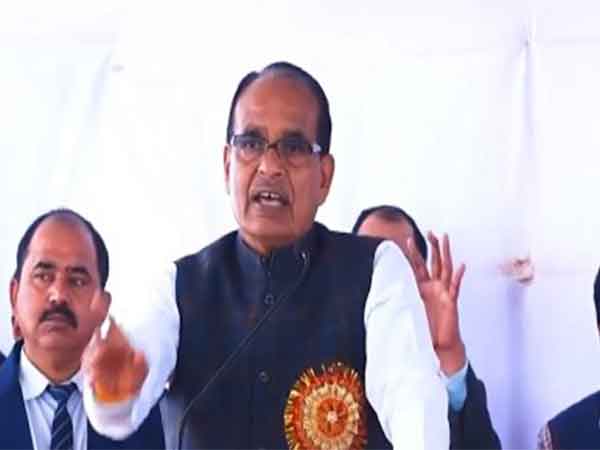New Delhi: India will give top priority to safeguarding its farmers’ interests during trade negotiations with the United States on agricultural market access, Union Agriculture Minister Shivraj Singh Chouhan said.
Speaking to PTI, the minister made it clear that any agreement with the US would be based on a careful assessment of both potential gains and losses for the country. “Our priority is to protect the interest of our farmers. India will not proceed blindly. We will assess our gains and losses. Keeping that in mind, an agreement will be finalised,” Chouhan said.
He was responding to questions about the ongoing trade talks and how India plans to respond to US demands for wider access to its agricultural and horticultural markets.
Negotiators from both sides are currently working on a framework outlining the broad terms of the first phase of a potential bilateral trade deal, which could be signed by September or October 2025.
“The discussions are ongoing between India and the US. One thing is clear, we will protect the interest of our farmers. When we talk about two nations, we need to see the overall trade,” the minister said.
According to a report by NITI Aayog titled “Promoting India-US Agricultural Trade under the New US Trade Regime”, the United States exported around $2.22 billion worth of agricultural and related products to India in the three years ending 2024. During the same period, India exported agricultural goods worth $5.75 billion to the US.
India’s main agricultural exports to the US include frozen shrimp, basmati rice, spices, processed cereals, and other value-added items. In contrast, the US is keen to increase its exports of corn, soybeans, and animal feed to India but faces steep Indian tariffs, which in some agricultural categories can range from 39 to 50 percent.
The minister’s remarks come at a crucial time, as both countries seek to expand agricultural trade. Washington is pushing for reduced tariffs and better access to the Indian market, but India remains cautious. Concerns about rural backlash and the need to shield local farmers from price fluctuations on the global market are key reasons for India’s guarded stance.


















